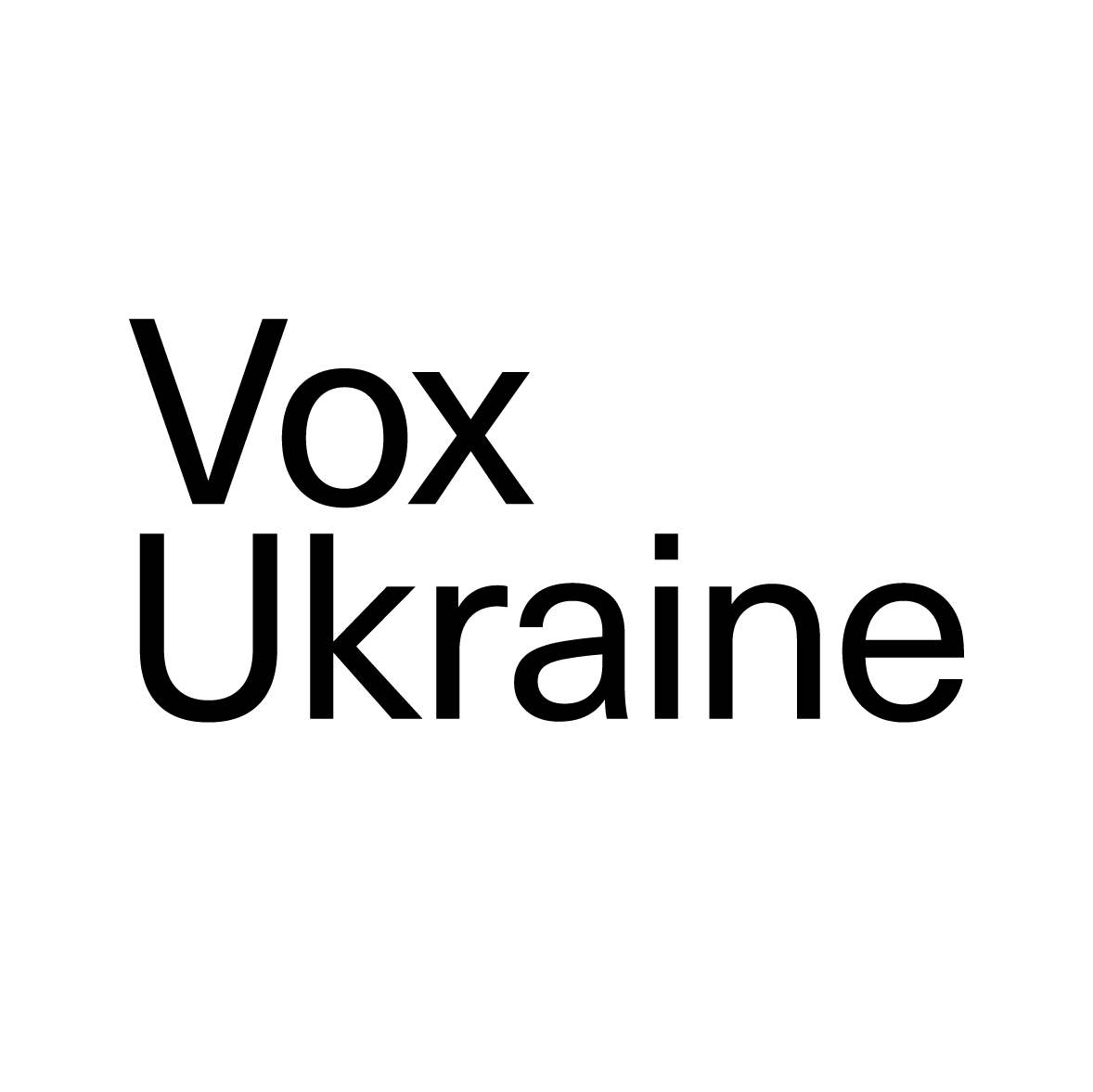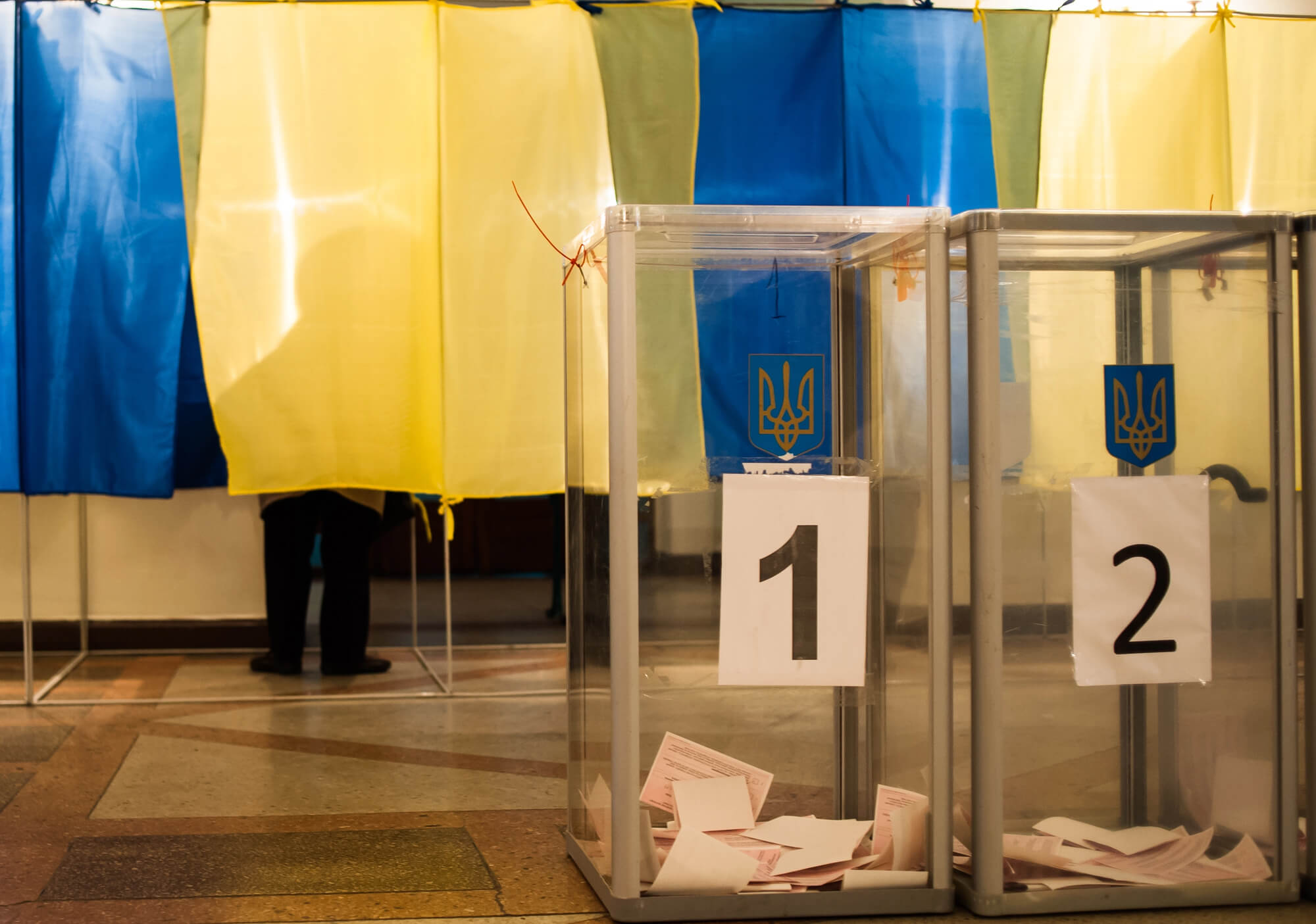A Call for Debate on Political Decentralization in Ukraine. If done right, decentralization can be a great solution for Ukraine. Political and economic decentralization is the immediate systemic change needed for Ukraine to become a stable and healthy democracy. Democratic regional decentralization would have three important and distinct benefits for Ukraine’s nascent democratic institutions.
‘Living together in diversity. Learning to accept our differences’
At the entrance to Higashi Honganji Temple in Kyoto, the ancient capital of Japan
- It would be an effective guarantee that important local economic and social decisions are made by the people most affected by these decisions, rather than being dictated by whichever party comes to power in Kiev.
- It would reduce the stakes in the conflict in national politics and help focus attention not on whether one region will impose its will on another, but on the urgent economic and political problems facing Ukraine.
- A vibrant local democracy would do much to strengthen Ukraine’s national political institutions and provide a forum where new local politicians can prove themselves, gain the trust of the people and get executive experience.
By contrast, the system currently in place, in which local officials are appointed by a centralized, national authority that often ignores broad interests, prevents any renewal or evolution of the political parties that act to integrate political elites at various levels of government, and does not offer sufficient protections or representation to regional interest groups.
Instead, political evolution can only express itself through recurrent national and regional mass protests and Maidans, and skirmishes over regional control. Such mass movements surface new political leaders who are subsequently overwhelmed by the entrenched system in place. Mass movements undermine the evolution of the democratic process, generate instability, and provide no assurances to losing or minority parties. Meanwhile new leaders succumb to corrupt reactionaries, and on occasion evolve into dictators themselves, creating the vicious cycle.
The view “done right, decentralization can be a great solution for Ukraine” is representative of the sentiment among many academics in Ukraine and in the West. A debate about the merits of decentralization and further institutional reform should be an important priority in these extraordinary times. A succinct and spot-on perspective was offered by Roger Myerson, Nobel Laureate in Economics, 2007, on February 24, 2014. Dr. Myerson notes the importance of weakening the power of the center and the importance of local representation in the choice of regional leaders. The recent appointments of local governors in the east of Ukraine, intended to allay concerns in the regions, indicate that the Kyiv government recognizes the importance of decentralization for the future of united Ukraine:
“Democracy is about voters having a choice among alternative candidates whom they can trust to exercise power responsibly. When such trusted leadership is lacking, democracy is inevitably disappointing and fragile. A presidential election can give prestige to its winner, but it does nothing to develop the broader supply of trusted alternative candidates on which the success of democracy will ultimately depend. This essential supply of trusted democratic leadership can develop best in responsible institutions of local government where successful local leaders can prove their qualifications to become strong competitive candidates for higher office.
Do people in Ukraine feel frustrated by a scarcity of candidates who have developed good reputations for exercising power responsibly in elected office? In other countries, trusted candidates for national leadership are regularly found among governors and mayors who have proven their abilities by delivering better public services in the government of a province or a large city.
But the Constitutions of Ukraine have given the President the power to choose all provincial governors. The incumbent President is the national politician who would have the most to lose from the development of more trusted competitive candidates for national office. Under this constitutional system, we should expect provincial governors to be regularly chosen from among the President’s loyal supporters who are unlikely to develop any independent reputations of trust with the voters.
The transition to an independent democracy in Ukraine was never going to be easy, but I believe that this deeply flawed constitutional structure was also an important contributing factor that people should recognize and try to change. The best hope for developing trusted democratic leadership would be from decentralized local politics in which governors are ultimately responsible to the local voters within their province. Some who hope to gain national power might be tempted by the prospect of appointing dozens of supporters to powerful local offices throughout the country. But those who truly want to build a strong competitive democratic system in Ukraine should consider supporting constitutional reforms that would decentralize some share of responsible power to locally elected leaders in each province.
Locally elected councils already exist in each province of Ukraine. A constitutional reform to give these local councils the power to choose their own governors could be a vital step toward easing regional tensions and building stronger democracy in Ukraine”
Decentralizing the choice of governor to the provincial councils or to provincial voters would not imply federalization, as the Verkhovna Rada of Ukraine would still have significant national powers over the provinces, including (under Article 75) monopoly on legislative authority and (under Article 85) powers to call special elections for bodies of local self-government and to change district boundaries. This decentralization would, however, empower local authorities and remove secessionist pressure.
The merits of decentralization are clear, but any decentralization effort should be undertaken with great care. Careful implementation with rigorous debate is needed:
- decentralization must be implemented to serve to unite Ukraine and encourage a celebration of diversity of the Ukrainian nation;
- local authorities will be at risk of being corrupted by the vestigial establishment;
- local officials must be granted the authorities and resources needed to fulfill the responsibilities they are assigned;
- level at which decentralization should take place – roles and responsibilities of local, regional, and national authorities must be carefully delineated and socialized;
- safeguards to assure appropriate checks and balances between regional and national interests, as well as between various interest groups, must be in place to overcome the risk of dominance by one local authority or interest group, to which the country has become accustomed.
Signed by:
Ukrainian scientists, economists and lawyers:
Юрій Городніченко, PhD, Берклі, університет Каліфорнії • Тимофій Милованов, PhD, університет Пітсбургу • Дмитро Боярчук, MA, CASE Україна • Дмитро Яблоновський, MA • Ігор Санжаровський, Директор проекту РЕОП в Україні • Мирослав Пітцик, к.ф.-м.н., Виконавчий директор Асоціації міст України • Борис Додонов, PhD, NoSEP • Iрина Акімова, PhD, NoSEP • Олег Загнітко, LL.M.,к.ю.н., Україна • Олена Нізалова, PhD, Київська школа економікита університет Кенту • Денис Нізалов, PhD, Київська школа економіки • Андрій Запечельнюк, PhD, університет Глазго • Олег Коренок, PhD, університет Вірджинії • Дмитро Гришко, PhD, університет Альберти • Максим Чабан, PhD, університет Саскачеваня • Андрій Боднарук, PhD, університет Нотр Даму • Сергій Писаренко, MA, університет Гвельфу • Олександр Нікольсько-Ржевський, PhD, університет Ліхай • Олександр Талавера, PhD, університет Шефільду • Олексій Кривцов, PhD, заступник голови напрямку розвитку моделей, канадський відділ економічного аналізу • Анна Нестеренко, PhD • Зоя Милованова, LLM • Наталя Товстоп’ят, МА • Олександр Демчук, МА • Дмито Жосан, PhD, Ріпон коледж • Вадим Волосович, PhD, Еразмус університет,Ротердам • Світлана Таран, МА • Анна Сердюк, PhD, сфера діяльності інвестиційний менеджмент, Едінбург, Великобританія • Вікторія Шум, МА • Юлія Дем’янюк, PhD • Ольга Піндюк, МА, Віденський інститут міжнародних економічних досліджень • Олександр Жолудь, ICPS, Київ • Наталія Шамовал, МА • Доктор Володимир Білоткач, університет Ньюкасл • Євген Мілованов, Федерація органічного руху України • Богдан Кухарський, PhD, університет Тюбінгена • Роман Шеремета, PhD,Сase Western Reserve University • Роман Петров, PhD, Національний університет Києво-Могилянська Академія • Світлана Максименко, PhD, університет Пітсбургу • Олександр Шепотило, PhD, Київська школа економіки • Сергій Санжар, PhD, Віце-президент в Сітігруп, Великобританія
Foreign scholars:
Roger B. Myerson, PhD, 2007 Nobel Prize in Economics, University of Chicago • Gerard Roland, PhD, University ofCalifornia, Berkeley • Sergei Guriev, PhD, New Economic School, Moscow, and Sciences Po, Paris • Konstantin Sonin, PhD, Higher School of Economics, Moscow, and New Economic School, Moscow • Paul Roderick Gregory, PhD, Hoover Institution at Stanford and University ofHouston • Jan Svejnar, PhD, Columbia University • John Londregan, PhD, Princeton University • Vernon L. Smith, PhD, 2002 Nobel Prize in Economics • Ruben Enikolopov, PhD, Universitat Pompeu Fabra, Barcelona, and New Economic School, Moscow • Jenna Bednar, PhD, University of Michigan • Antonio Merlo, PhD, University of Pennsylvania • Dan Berkowitz, PhD, University of Pittsburgh • Jim Leitzel, PhD, University of Chicago • Steven Callander, PhD, Stanford University • Hanming Fang, PhD, University of Pennsylvania • Bent Sorensen, PhD, University of Houston • Erik Snowberg, PhD, California Institute ofTechnology • E. Glen Weyl, PhD, University of Chicago • Mattias Polborn, PhD, University of Illinois at Urbana Champaign • Hulya Eraslan, PhD, John Hopkins University • Nathaniel Wilcox, PhD, Chapman University • Marina Azzimonti, PhD • Mallesh Pai, PhD, University of Pennsylvania • Guido Friebel, PhD, Goethe University,Frankfurt • Mark Daniel Bernhardt, PhD, University of Illinois at UrbanaChampaign and University of Warwick • Victor Ginsburgh, PhD, Universite Libre de Bruxelles • Arnaud Dellis, PhD, Laval University,Quebec • Alessandra Casella, PhD, Columbia University Arianna Degan, PhD, Universite du Quebec a Montreal • Zvika Neeman, PhD, Tel Aviv University • Bard Harstad, PhD, University of Oslo • Maria LuengoPrado, PhD, Northeastern University • Al Slivinski, PhD, University of Western Ontario • Moira Daly, PhD, Copenhagen Business School • Irina Murtazashvilli, PhD, Drexel University • Richard E. Ericson, PhD, East Carolina University • Evgeny Finkel, PhD, George Washington University • Juergen Wolters, Prof (emeritus) FU Berlin • Jon X Eguia, PhD, New York University • Richard Van Weelden, PhD, University of Chicago • Keith Darden, PhD, American University • Serguey Braguinsky, PhD, Carnegie-Mellon University • Jorge Soares, PhD, University of Delaware • Gaurab Aryal, PhD, University of Chicago • Orhan Torul, PhD, Boğaziçi University • Ross Hickey, PhD, University of British Columbia, Okanagan • Dimitri Landa, PhD, New York University • Cathy Hafer,PhD, New York University • Ugo Panizza, PhD, the Graduate Institute, Geneva • Camilo Garcia-Gimeno, PhD, University of Pennsylvania • Matt Shugart, PhD, University of California Davis • Navin Kartik, PhD, Columbia University • Maria Popova, PhD, McGill University • Marie-Louise Vierø, PhD, Queen’s University • Jin Yeub Kim, PhD (expected), University of Chicago • Gennadi Pobereżny, PhD, Harvard University • Daniel A. Diermeier, PhD, Northwestern University • Alan Miller, PhD, University of Haifa • Célestin Monga, PhD, Association for Education and Development-USA • Alberto Bisin, PPhD, New York University • Roee Tepper, PPhD, University of Pittsburgh • Alistair Wilson, PPhD, University of Pittsburgh
Attention
The authors do not work for, consult to, own shares in or receive funding from any company or organization that would benefit from this article, and have no relevant affiliations




